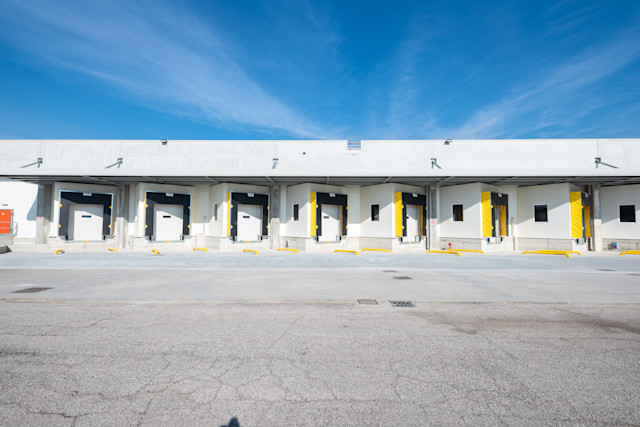8th July 2025
Refrigerated Transport

Index
What is Refrigerated Transport and Why is it Important?
Industries That Require Refrigerated Transport
How to Ensure Efficient Refrigerated Transport
What is Refrigerated Transport and Why is it Important?
Definition and Function Refrigerated transport is a logistics service that uses vehicles equipped with refrigeration systems to keep fresh or frozen products at controlled temperatures. It is designed to ensure that temperature-sensitive goods arrive at their destination in perfect condition.
Why is it essential?
Preservation of Quality
It maintains the organoleptic and nutritional properties of food, preventing spoilage.
Prevention of Contamination
Constant temperatures inhibit the growth of bacteria and microorganisms, ensuring product safety.
Compliance with Regulations
It ensures adherence to strict European and international food safety regulations, which are crucial for transporting food and pharmaceuticals.
When is it indispensable?
Refrigerated transport is essential for fresh and frozen products (fruits, vegetables, meat, seafood), pharmaceuticals, cosmetics, and other goods that require consistent temperatures throughout the distribution process.
Industries That Require Refrigerated Transport
An Essential Service for Many Industries
Refrigerated transport is a vital solution for various productive and commercial sectors.
Here are some examples:
Agri-food Industry
Fruits, vegetables, meat, seafood, dairy products, and other fresh goods require specific temperature-controlled transport to preserve freshness and quality.
Cosmetic Industry
Some cosmetics, such as creams and beauty products, need to be kept at controlled temperatures to avoid alterations in their composition.
Floriculture Sector
Flowers and plants require refrigerated transport to maintain their freshness and aesthetic appearance during transit.
Adapting to the Needs of Each Sector
With advanced technologies and specialized vehicles, refrigerated transport services can be customized to meet the specific requirements of each sector.
How to Ensure Efficient Refrigerated Transport
Keys to a Flawless Service
To ensure the highest efficiency in refrigerated transport, it is crucial to follow certain best practices:
Advanced Monitoring Technologies
The use of sensors and tracking systems allows for real-time monitoring of temperature and environmental conditions inside the vehicle. This helps prevent issues before they arise.
Specialized Vehicles
Transport vehicles must be equipped with modern refrigeration systems capable of consistently maintaining the required temperatures, even on long routes.
Personnel Training
Logistics operators must be trained to understand the importance of the cold chain and to effectively manage unforeseen circumstances.
Route Planning and Optimization
Efficient transport organization with optimized routes reduces transit times and helps keep goods in optimal condition.
Certifications and Regulatory Compliance A professional service must comply with all food safety and environmental regulations, ensuring the highest quality standards.
Questions & Answers
Which products require refrigerated transport?
Fresh and frozen foods, pharmaceuticals, cosmetics, flowers, and other goods sensitive to temperature fluctuations.
How can the cold chain be maintained during transport?
By using refrigerated vehicles with constant temperature monitoring and following meticulous planning.
How can refrigerated transport efficiency be improved?
Through advanced monitoring technologies, suitable vehicles, and trained personnel to ensure a safe and compliant service.
Visit our website to ensure safe and reliable shipments for your fresh or frozen products.